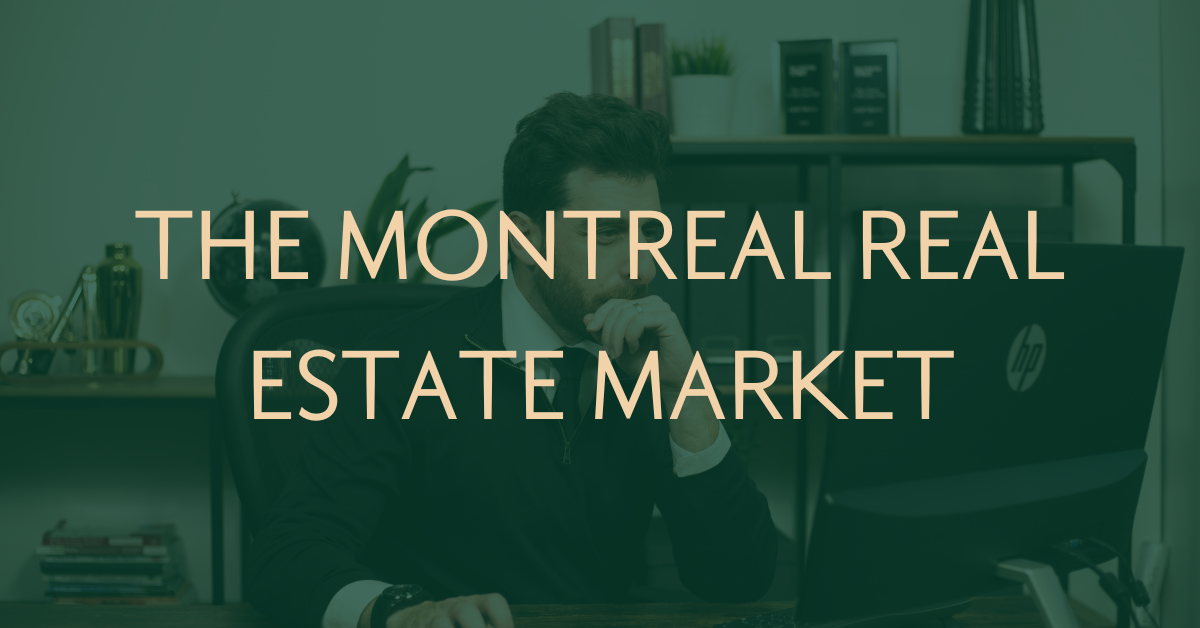Between news articles, Facebook posts, and your uncle who knows everything, there are a lot of opinions out there. We thought it would be a good idea to bring everyone up to speed now that the year is halfway through.
What do we know so far? We know that real estate prices for single family homes and condos have seen a significant price increase since, well let’s face it, Covid-19 started in March 2020.
We have also seen “bidding wars” on homes, something unprecedented in Montreal. We equate this to a readjustment of buyer’s affordability. A trickle-down effect. Wealthy buyers with larger budgets are purchasing homes in a lower price range than before, which positions them to be more aggressive and outbid a buyer that was reaching their top budget. Therefore, the buyers that missed out will move down to the lower price range of home and do the same to another buyer. Ultimately this pushes the buyer with the $300,000 budget into a condo, off-island or into a rental. The price points that remain unaffected hover around the $1.2 million price range and up.
We were seeing historically low interest rates being offered by banks. These low interest rates helped fuel the intensity of the real estate market, not just here in Montreal, but globally. However, a buyer gets approved on the qualifying rate, which up until May 31st, 2021, was 4.75%, and is now raised over 7.00%. Nonetheless, low rates do help with monthly budgets and spending. Despite what you hear about low interest rates or even interest rates rising, all buyers and homeowners that are refinancing their properties, must qualify at this higher rate. It’s one of the safety nets in our banking industry. If your debt ratios don’t allow for a 7.00% interest rate, regardless of if the posted rate is 1.85%, the buyer will not be given a mortgage amount that corresponds to the lower of the two rates. Be aware of the news articles that talk about higher bank rates and buying power that is only part of the equation. There still remains, the topic of amortization, which is the total length of the financing period – up to 30 years. The balance remaining on your mortgage, which can be flipped into a Home Equity Line of Credit or paid down with a lump sum – which has other financial benefits. Lastly, property value, with homes increasing in value, more home owners have equity in a shorter period of time, which if pushed to the brink of their financial threshold could easily sell the home and be left with money in their pockets.
Next up is supply and demand. We’ve all heard supply is low and demand is high, and yes, it’s true. But what most people fail to understand is compared to other years, we have more supply than before and even more buyers. Yet still not enough supply for all the buyers. This sadly is a situation where the snake is eating its tale. A seller won’t list their home until they find the home they want to buy. If all sellers feel that way, then no seller will put their property for sale. Thus, keeping inventory low. One thought is making the sale of your home conditional to finding a property to purchase. This has made the sale process a lot less stressful for our sellers. It is a reversed conditional sale that was once only thought to benefit the buyer, but now benefits the seller.
And our last thought on this market, which could very well be the more important: work with a professional! Find a broker to help guide you through the process and hold your hand to navigate it. There are a lot of moving parts in a transaction today. Buyers are waving their building inspections, banks are delayed on getting financing, notaries are swamped with transactions, and moving dates are being missed. Your real estate professional will navigate all of this for you and protect your interests.
Richard Sholzberg


